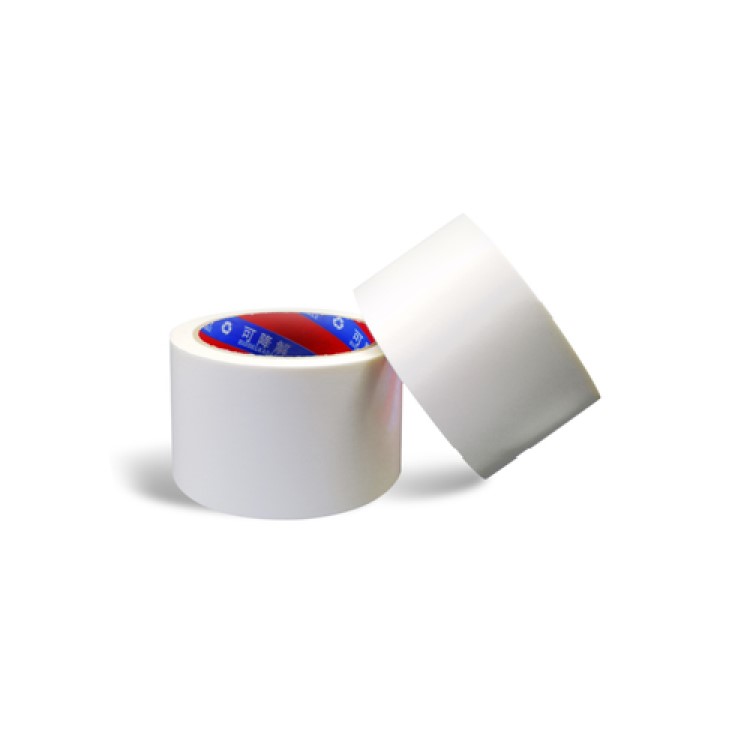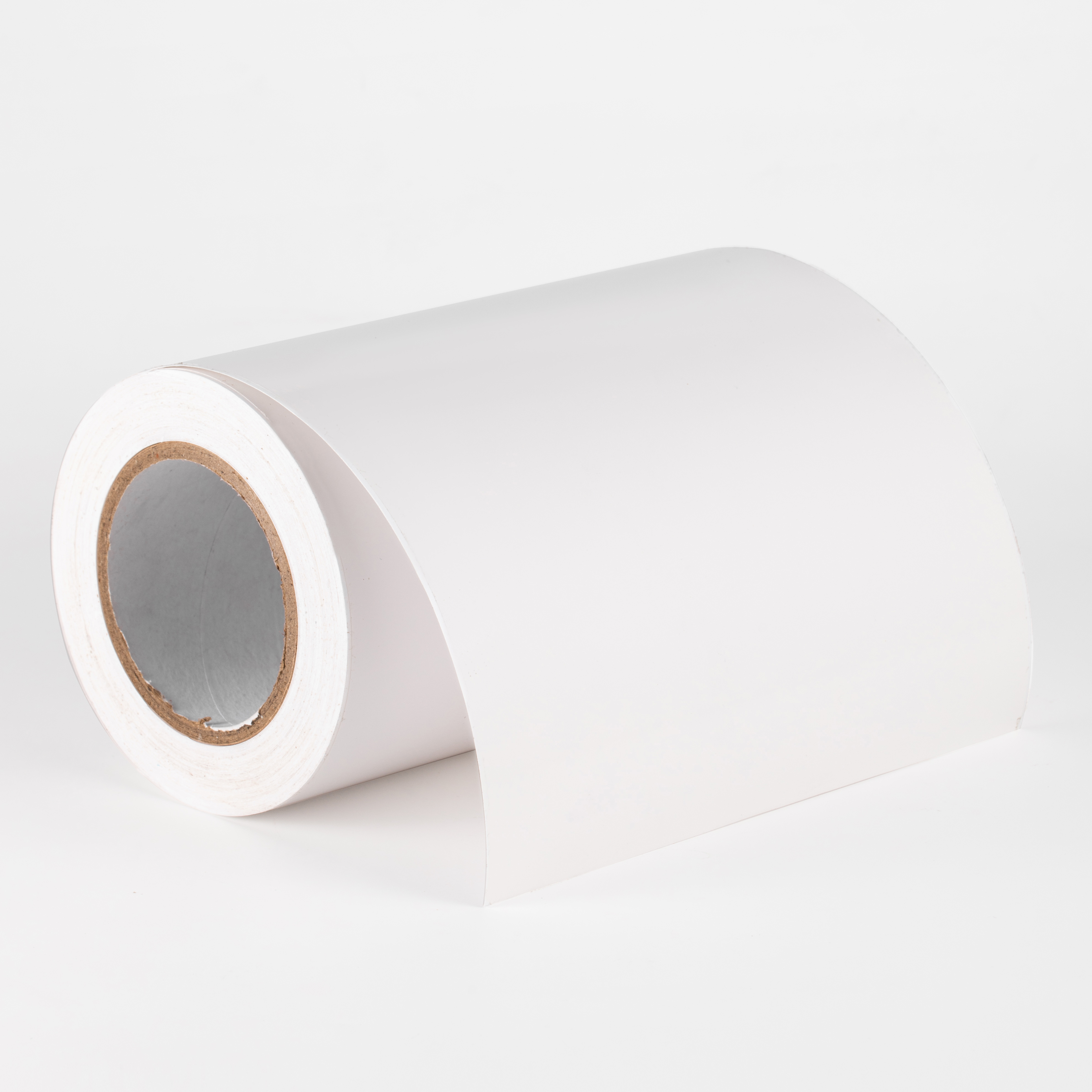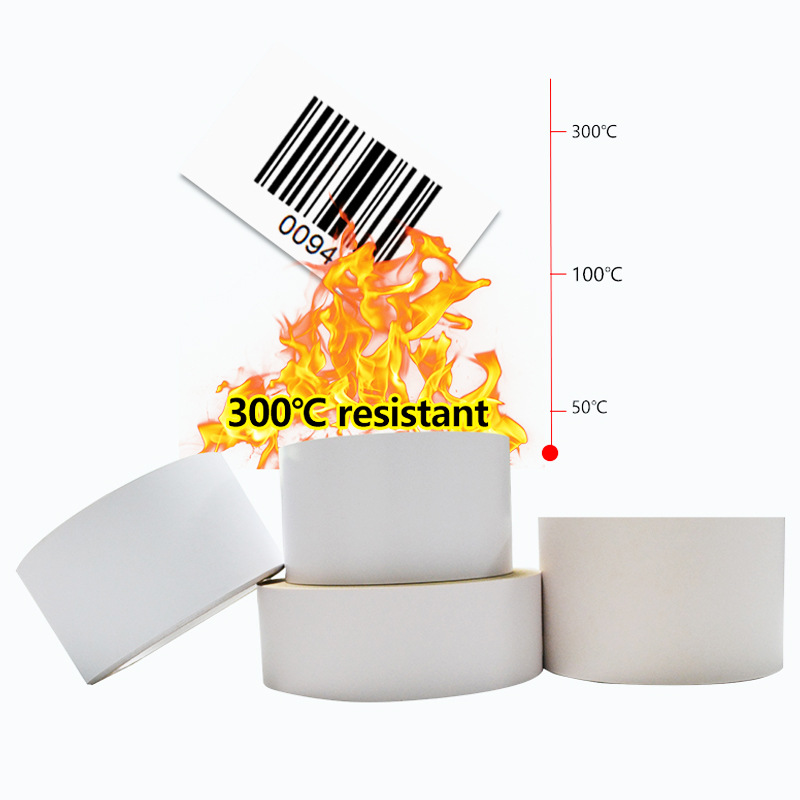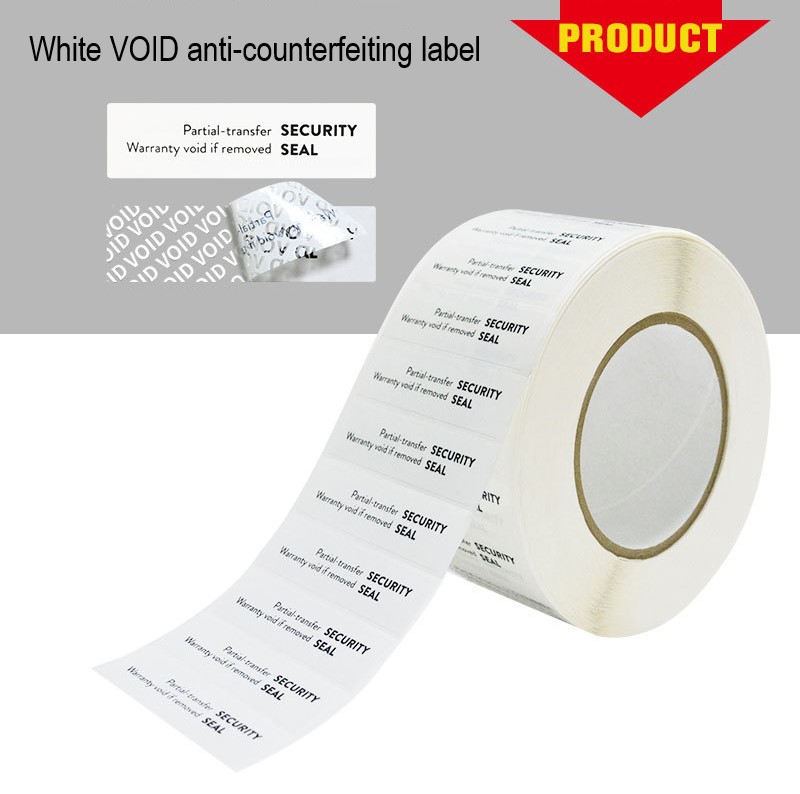Overview of adhesive labels
Adhesive label refers to a composite material made of paper, film or other special materials as the surface material, with adhesive coated on the back and silicon coated protective paper as the base paper. There are many types of adhesive label materials, usually divided into paper, film, and other types based on the surface material. The choice of material depends on the printing processing technology and the final application scenario. Common paper labels include copperplate paper, thermal paper, and double adhesive paper, while film labels commonly use PE, PP, PET, and other film materials. Thin film materials exhibit excellent performance in terms of tear resistance, softness, weather resistance, ductility, transparency, and moisture resistance, and are widely used in fields such as daily chemical, electronics, beverages, and food; From the appearance, commonly used PE, PP, and PET materials all have white, transparent, and silver appearances, which are easy to confuse. Today, let's talk about how to distinguish film surface materials and how to choose suitable materials.
Choosing the right adhesive label is the most important!
Adhesive labels are an important reflection of a company's image and brand, playing a crucial role in showcasing product quality and arousing consumer purchasing desire.
Adhesive labels, also known as self-adhesive label materials, have advantages over traditional paper labels such as no need to brush glue, paste, dip in water, no pollution, and save labeling time. They have a wide range of applications and are convenient and fast.
The structure of self-adhesive materials consists of three parts, namely "surface material, adhesive, and base paper" - a composite material made of paper, film, or other special materials as the fabric, with adhesive coated on the back and silicon coated protective paper as the base paper. After printing, die-cutting, and other processing, it becomes a finished label with a wide range of applications and convenient and fast features.
Nowadays, with people's pursuit of product and service quality, the material and design of adhesive labels are becoming increasingly exquisite. They are no longer simply a carrier of information, and sometimes you may even think of them as works of art.

The incorrect selection of adhesive material for the small bottle body caused the label to curl up
Bottles with a diameter less than 30mm are usually referred to as small bottles. If the label material used has a high stiffness, it is easy for the label to warp. Therefore, self-adhesive labels applied to small bottles generally use strong adhesive, whose adhesive force on the bottle body is much greater than the elastic force of the label surface material itself to resist deformation, in order to ensure that there is no warping after labeling.
There are various types of adhesive materials on the market, most of which are not recommended for small bottle bodies. However, some end users lack professional knowledge and mistakenly choose label materials that are not suitable, which leads to label warping after labeling. Usually, the misselection of adhesive materials can cause small bottle labels to become warped, and this phenomenon will begin no later than a few hours after labeling, with the degree of warping increasing over time.
In view of this, label printing companies must carefully understand the customer's labeling body when accepting adhesive label orders. If they find that the customer is using it for small bottles, they must consult a professional adhesive material supplier and choose the most suitable material for the customer's application to process the label.
Unreasonable use by the customer resulted in label lifting
Some customers immediately place the product in a cold storage with very low temperature after labeling; Some customers take out the stickers from the cold storage and label them when there is still condensation on the surface of the stickers; Some customers also label steel or iron plates placed outdoors, or label them in dusty environments. All of the above are unreasonable applications that can easily cause label warping.
Both label manufacturers and end-users should choose the most suitable label based on its actual application. If they do not understand the relevant knowledge, they can seek help from professional adhesive material suppliers to solve the problem and find the most suitable adhesive material.
We offer comprehensive technical support, including free professional labeling solutions, advice on label materials and adhesive selection, as well as online/offline assistance from professional software and hardware engineers. Service email: andy@ownlikes.cn. In pre-sales, we leverage our extensive experience in specialty labeling projects to provide clients with the most suitable hardware solutions. Additionally, all our label barcode printers and scanners come with a three-year free warranty, demonstrating our confidence in our products.






This site is protected by reCAPTCHA and the Google Privacy Policy and Terms of Service apply.